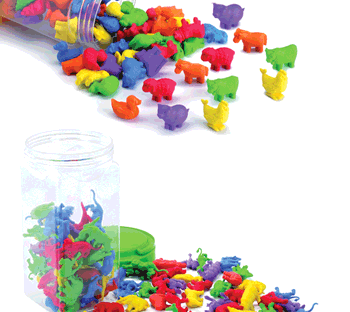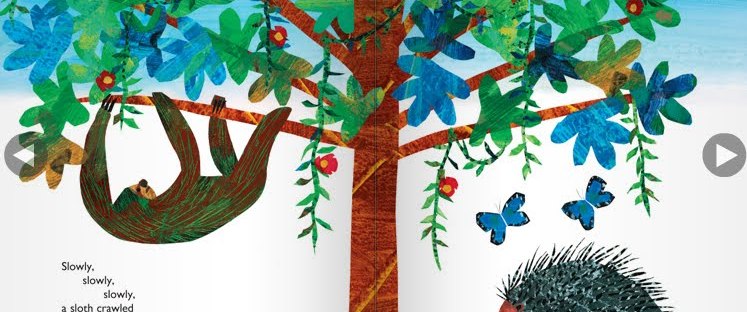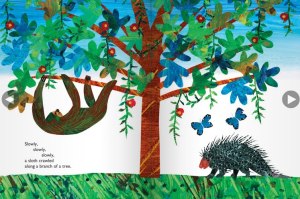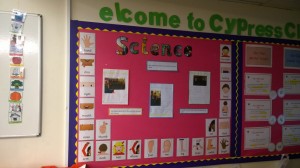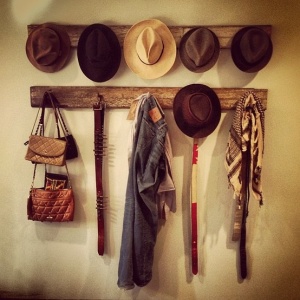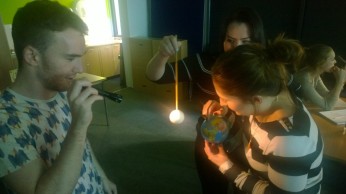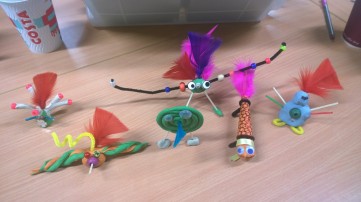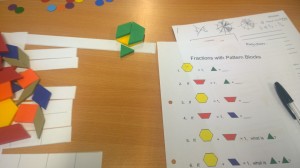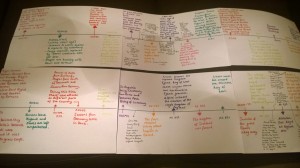Well that week flew by! I feel immersed in the school life after these two weeks, and also the Christmas excitement that is in the air. The result of this is both positive and negative. It is good to feel that I am involved in the daily running of the Year 1 class, and starting to get more involved in the teaching side of things, but on the flip side I am contending with children who are having daily rehearsals for the Christmas play and who are almost bursting with excitement at seeing the decorations go up around the school. By no means would I wish to deprive them of these experiences, but it makes my job harder when I am trying to keep behaviour under control!
I had my first opportunity to teach a lesson on Thursday. Working from the teacher’s plan I began the lesson using a “parachute” starter, and then progressed to the introduction of the main activity, followed by explaining what each ability group would be doing in their groups. For maths there are two tables of lower ability, two of middle ability and one of higher ability. The tables are given shape names so that there is no mention of the ability level other than between the teacher and teaching assistant, and the groups then change for English, and then mixed ability tables for other subjects. The higher ability table do seem to have an awareness that they are of an advanced level to their peers, but I have not witnessed the other ability groups consciously act as if they are working to any different target. The objective of the lesson is the same for all groups, but they success criteria for each level differs slightly. The language that I use is very important, and the content of the behaviour seminar that I attended keeps springing to mind. For the higher ability groups it is important to highlight their effort and not their ‘cleverness’ in completing a task, and for lower ability children they must be praised for what they have achieved, and wherever possible challenged so that they can build their confidence in their own abilities.
The last two weeks have really been about settling into the class and the school, and as of tomorrow the work really begins. At our weekly meeting, my mentor and I agreed that I will now be teaching the maths and the phonics lessons, I will have a guided reading group to work with, and I will continue with story and maths fluency sessions. I need to be working up to 13 hours teaching time by the end of the 4th week, and then the other time will be spent doing observations or study. I am surprised that I feel I need to work on my subject knowledge in English more than maths at the moment. In terms of maths it is the pedagogy that I am coming to terms with because it is actually more difficult to teach the basics when the children are struggling with the concept. They are starting at the beginning so there is nothing to go back to for them to revise. It is a matter of finding the best way to access the child’s learning. For example, over the past week the children have been learning about doubling, and how this is the same as adding a number to itself. A lot of children will know that 4+4=8 (or can work it out using the resources), but then then can struggle with then terminology. To begin with I heard a lot of children say double 4 is 5 or double 4 is 6, because they could not appreciate that doubling was adding the same number. There were a lot of resources available (mainly multilink, counting animals and number cards for the visual representation), but for some they even struggled with the resources in front of them. The teacher did say that some do actually know how to work out the questions, but it was a matter of not wanting to do the work. It is so difficult to know which children are genuinely struggling, and those who are avoiding doing work. From previous experience I suspect this will be a skill I will develop as I get to know the children better.
In terms of the English, It is the writing development that I will have to build on. In year 1 they are working towards phase 5 in phonics, and therefore they should have most of the phonemes secured. I have spoken with my mentor and she states that we should not be spelling words out for them when they are writing. They need to be sounding the words out; segmenting and blending the phonemes to the level that they have currently been taught. It’s difficult for me to comprehend so goodness knows how hard their brains are working at this age. The class are still developing their letter and number formations and until I know the class better I am not sure of the ones that need more work with their handwriting skills, and those who are rushing because they don’t want to stay in for break time.
I hope I am not painting a negative picture of the class. They are a delight to work with, and I can’t wait for when I have developed my confidence with them so that I can feel more like their teacher. There just seems so much to take on board, and I am not used to working children in KS1. The important things for me take forward are that I need to build my CONFIDENCE and LEADERSHIP skills. Probably two of the most important skills to have to be a successful teacher and mine are only sprouting!
I hope you enjoy the festive background I have added to this blog. Singing Christmas play songs every day is definitely infectious! I am off to write up some lesson plans that my mentor have emailed me for next week with the songs in my head.

